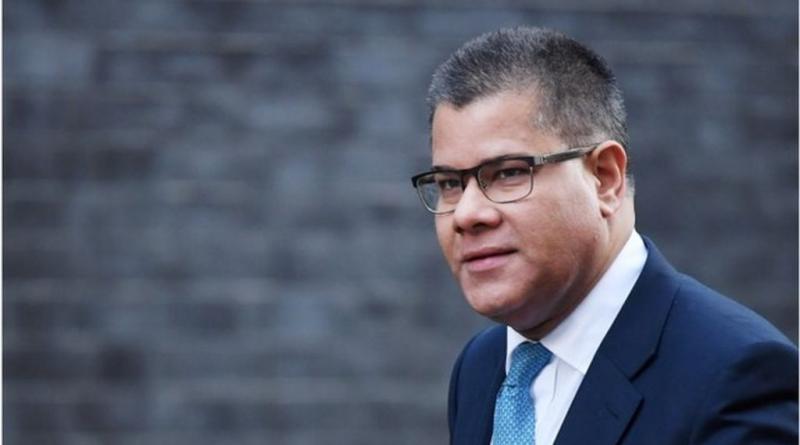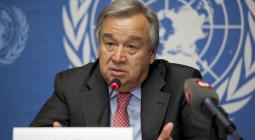As we start to rebuild the economy – we owe future generations a clean recovery that delivers for both people and planet.

By joining forces with countries, companies and civil society, from across the world, I know we can make progress faster
This year, the world has been struck by the greatest health crisis of our lifetimes. As we recover from the coronavirus pandemic, the UK, like every country, will face a choice: between laying the foundations for sound, sustainable and inclusive growth or locking in polluting emissions for decades to come
Today, we have a huge opportunity to not just rebuild what went before but to build back better. We will do this through a clean, resilient recovery that delivers for both people and planet.
In the UK, we are building on strong foundations. Hundreds of thousands of people across our country are already employed in the low-carbon economy and its supply chains, from electric cars made in the Midlands and the northeast, to wind-turbine blades made on the Humber.
We have now gone well over a month without any of the UK’s electricity coming from coal power plants. This is the first time this has happened since the Industrial Revolution.
Last month, Equinor and SSE Renewables announced a new base in the Port of Tyne for what will be the world’s largest offshore wind farm at Dogger Bank, creating 200 jobs. When complete, Dogger Bank will provide enough renewable energy for 4.5 million UK homes.
A recent report from the International Renewable Energy Agency found that boosting investment in renewables would increase jobs in the sector to 42 million globally by 2050, nearly four times more than today. And many low-carbon investments and policies, such as upgrading our buildings and planting trees, will create jobs and business opportunities right across the world.
Next year, the COP26 UN Climate Change Conference can be a moment when the world unites behind this clean, resilient recovery that delivers for people and planet. In recent days, the COP Bureau of the UN Framework Convention on Climate Change, with the UK and its Italian partners, agreed that COP26 will take place between 1 and 12 November 2021.
The revised date will also allow the UK and our Italian partners to harness the G7 and G20 presidencies in driving climate action. As hosts of COP26, we will continue to work with all involved to maintain momentum: increasing climate action, building resilience and lowering emissions, and encouraging all countries to come forward with ambitious nationally determined contributions.
Ahead of COP26, we have defined five key areas where, working with our global partners, we can make progress faster:
- On clean energy, we need to encourage countries to move away from the polluting options of the past and embrace the low-cost, zero-emissions technologies of the future.
- On clean transport, we must work together to bring forward the date when zero-emissions vehicles will not only be cleaner than petrol and diesel but also cheaper to buy.
- On nature, we will work to safeguard ecosystems, protect natural habitats and keep carbon out of the atmosphere.
- On adaptation and resilience, we need to help communities and countries adapt to the worst effects of climate change.
- On finance, we will continue to work with institutions across the world to unleash the capital that will pay for the shift to a zero-carbon economy.
As we start to rebuild our economy, we owe it to future generations to build back better. COP26 can be a moment when the world unites behind this clean, resilient recovery.
By joining forces with countries, companies and civil society, from across the world, I know we can make progress faster.
Alok Sharma is the secretary of state for business, energy and industrial strategy and the president of the COP26 UN climate conference. He is also the Conservative MP for Reading West
2 June 2020
The Independent





